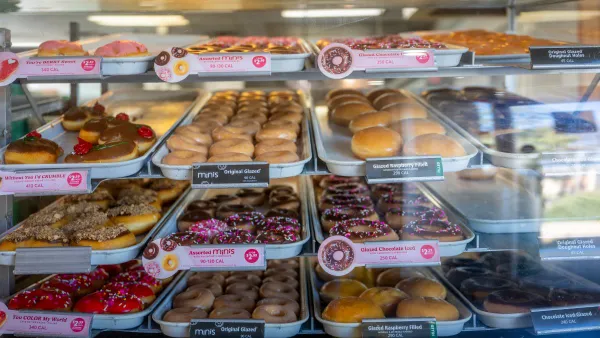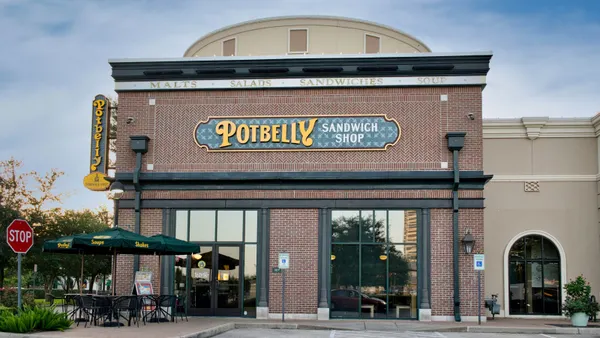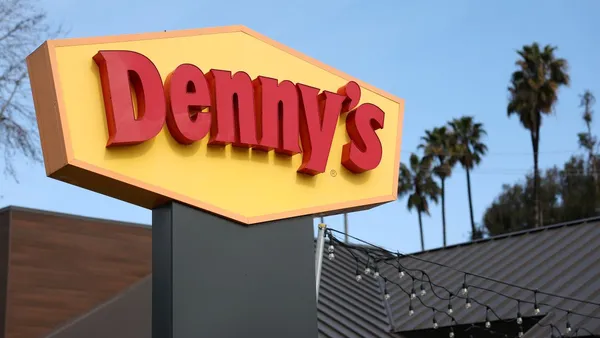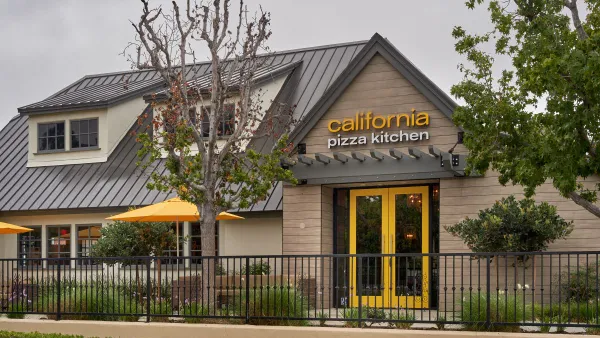Dive Brief:
- Peet's Coffee acquired a majority stake in craft kombucha company Revive, according to a release, a year after it invested $7.5 million in the company. Owners Sean and Rebekah Lovett, who started the brand at the Sonoma County Farmers Market in 2010, will retain an equity stake as well as leadership positions.
- Revive has been rapidly expanding nationally, growing 168% compared to last year.
- Peet's already carries Revive at many of its California shops and hopes its investment will help the brand expand production, distribution and brand awareness. It plans to expand Revive's reach on-premise in grocery and Peet's coffeebar locations.
Dive Insight:
Peet's had already sensed some spark in Revive, leading its Series B investment round in 2017, according to the Press Democrat. As part of Luxembourg’s JAB Holdings, which also owns Keurig Dr. Pepper as well as fellow coffee and cafe competitors Panera and Caribou Coffee, Peet's had some leverage in its investment opportunities. The move into kombucha could signal a shift in what the newer, bigger JAB sees in the future of beverage.
Revive has a decent distribution network already. Through wholesalers KeHE and UNFI, it currently sells its line of kombuchas, featuring flavors like ginger lime, cola, hibiscus and coffee, to 1,600 foodservice locations, grocery stores and Peet's locations, BevNet reported.
Kombucha has found a unique place in retail, taking over fridge space at major chains and floor space at smaller grocers with draft systems. The draft system gives customers the choice of buying a single-serving or filling up a growler — and that's precisely where Peet's power might come in handy.
Peet's has been around longer than Starbucks, though its standalone store footprint lands far behind the industry leader. Instead of stores, Peets has doubled down on its ready to drink coffee line, building out direct store delivery to keep products chilled in California. In addition to standard and nitro cold-brew, the company unveiled a canned espresso line in the summer, focusing on lower sugar content than competitors.
North American sales account for about 40% of the kombucha market, which was expected to grow 25% annually from 2016 through 2020, according to BeverageDaily. Much of the interest stems from the overarching theme of natural, healthy eating, with some proponents trying to market the fermented, fizzy tea drink as an alternative to sugar-laden soda. Sales of fermented beverages more generally jumped 37% last year, while once red-hot coconut water fell more than 7%, according to Food Navigator.
The market will likely surpass $650 million next year, though it's also in a weird phase as kombucha makers vie for shelf space and fair regulations from the FDA and TTB. These agencies cracked down on producers in 2010, claiming that trace amounts of alcohol potentially exceeded 0.5% — the threshold for being regulated as alcohol. This mishap led to confusion for consumers and retailers alike, but now it seems the industry has regained its footing.
The kombucha industry also is ripe with independent, feel-good vibes, perhaps leading some to worry that Revive could lose its swagger through this acquisition. Revive has been known as a pioneer, building out a bottle-exchange program that it retired last year in favor of brown glass bottles it intends the consumer to recycle. Luckily for the Lovetts, JAB has been kind to the leaders of its other craft beverage buys, allowing Intelligentsia and Stumptown, for instance, to operate fairly independently, according to MentalFloss.








